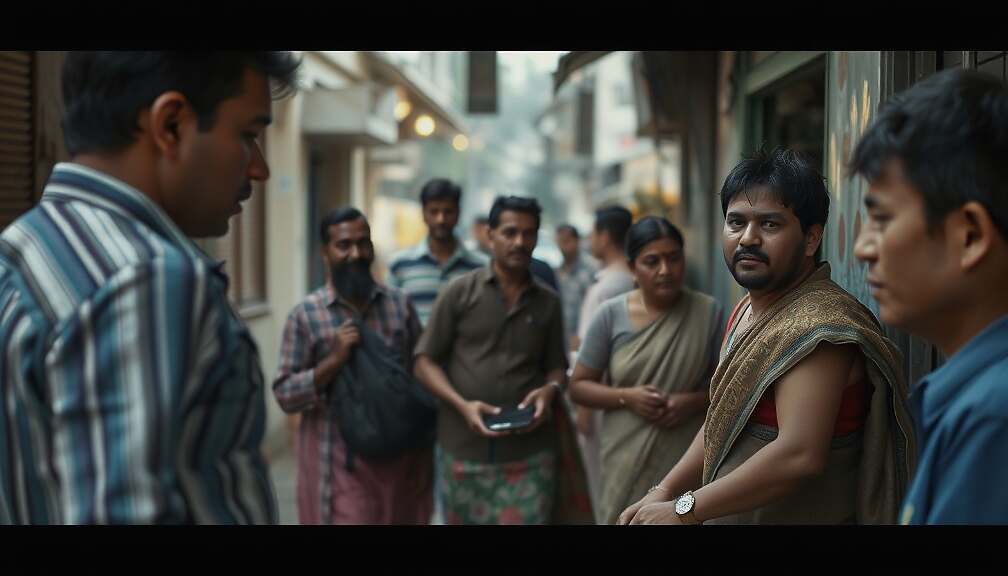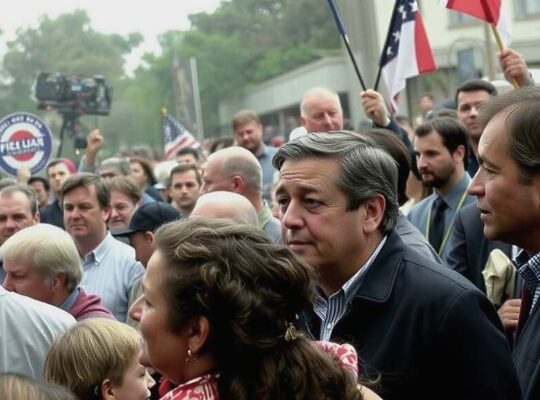The debate surrounding Germany’s upcoming Wehrdienst reform is shifting, with prominent figures within the ruling Social Democratic Party (SPD) signaling a preference for a voluntary social year over the controversial lottery system proposed for conscription. SPD parliamentary group leader Matthias Miersch has publicly voiced his reservations about relying on random selection to fill recruitment quotas, suggesting it should be considered a last resort.
Miersch’s comments, reported by Bavarian media outlets, highlight a growing internal tension within the government regarding the nation’s defense strategy and its approach to engaging young citizens. While acknowledging the necessity of a robust response to address potential recruitment shortfalls, he emphasized the potential benefits of fostering a culture of voluntary service. “Before resorting to a lottery system – a possible variant in the event of too few volunteers – I hope we have made progress in the societal discussion about a social year” Miersch stated.
His remarks underscore a desire to prioritize a framework that encourages active participation based on civic responsibility rather than mandatory obligation. While admitting the complexities of implementing a comprehensive social year, particularly given the constitutional hurdles involved, he insists voluntary engagement remains the preferred pathway. He expressed confidence in the appeal of the reformed military service, citing enhanced incentives such as increased compensation (up to €2,600) and the offer of a driver’s license, alongside awareness campaigns aimed at sparking family discussions about military service opportunities.
However, Miersch’s optimism regarding volunteer recruitment is tempered by the acknowledgment that the government was forced to reject 3,500 applicants this year due to capacity limitations. This exposes a potential weakness in the current strategy and fuels the ongoing debate on whether the voluntary route can truly ensure the nation’s defense needs are met. Critics argue that relying solely on voluntary participation carries inherent risks, potentially leaving Germany vulnerable and dependent on unpredictable recruitment rates. The ongoing internal discussions signal a political balancing act between maintaining a modern, adaptable defense force and fostering a cohesive societal commitment to civic duty. The looming question remains whether the government can successfully navigate this complex terrain without resorting to the politically charged lottery system, while ensuring adequate staffing for Germany’s armed forces.












